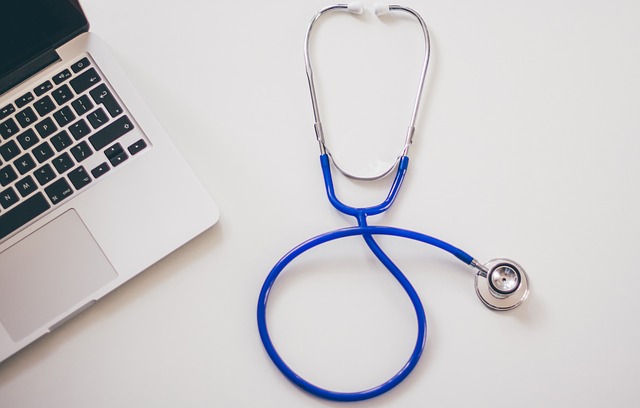What is a Cardiologist?
Cardiology is an area of medicine that deals with disorders of the heart and circulatory system.
Cardiologists offer medical diagnosis in relation to this area of medicine, and the treatments thereof, including:
- congenital heart defects
- coronary artery disease
- heart failure
- valvular heart disease
- electrophysiology
Regarding the cardiovascular system element to this area of specialism, although the cardio system is inextricably linked to blood, Cardiologists are relatively unconcerned with heamatolgy in the treatment and services.
Obvious exceptions would include blood tests.
Are you experiencing arrhythmia?
If so, a thorough assessment would be needed to establish the cause and allow for an appropriate management plan.
How you describe your symptoms will often help narrow down the possibilities.
However, correlation of your symptoms with an electrocardiogram (ECG) recording is essential to an accurate diagnosis.
If you already have an ECG during symptoms, please bring a copy with you to your initial consultation.
A resting ECG can often provide a clue to the diagnosis even when recorded in the absence of any symptoms.
Patients with a normal resting ECG are unlikely to have a dangerous rhythm abnormality.
The likelihood of this is even less if the heart is normal.
A simple ultrasound scan of the heart (echocardiogram) can detect many structural abnormalities.
Continuous or intermittent ambulatory ECG monitoring can help capture symptoms that are intermittent.
If that is unsuccessful, insertion of an implantable loop recorder under the skin can help with symptoms that only occur occasionally.
If symptom-rhythm correlation still remains elusive a diagnostic electrophysiology study can be performed.
Ablation
This can be carried out at the same time as the diagnostic electrophysiology study or at a later stage. Energy is delivered through one of the wires in your heart to damage the abnormal electrical circuits responsible for your symptoms.
Pacemakers
Pacemakers are small electronic devices that are implanted under the skin below the collar bone. They are attached to a variable number of wires (leads) which are inserted through a vein to the heart and prevent it from going to slowly.
ICD
Implantable cardioverter defibrillators (ICD) are needed in patients who are at risk of dangerous fast heart rhythms. In addition to providing pacing they deliver a small electric shock to the heart to restore normal heart rhythm when needed.
Get in touch with Dr David Begley
If you’re concerned about heart palpitations, please don’t hesitate to contact Dr David Begley and make an appointment.
Simply contact his Personal Assistant, Lynn Thomas by telephoning 01223 850423 or 07368 364147.
Alternatively, email her on lynn@drbegleycardiology.co.uk
